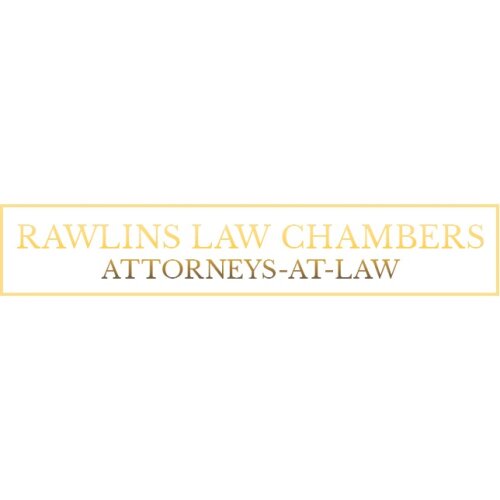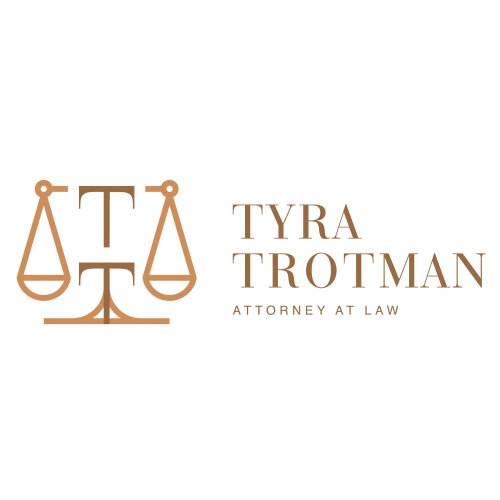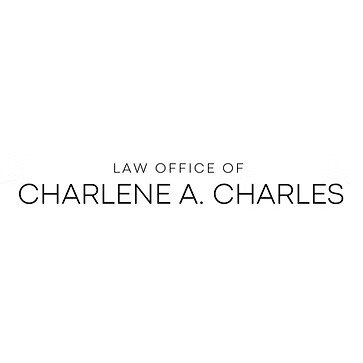Best Transportation Lawyers in Barbados
Share your needs with us, get contacted by law firms.
Free. Takes 2 min.
Or refine your search by selecting a city:
List of the best lawyers in Barbados
About Transportation Law in Barbados
Transportation in Barbados is governed by a set of laws and regulations that aim to ensure the safety and efficiency of the island's transportation system. These laws cover various aspects of transportation, including road traffic rules, public transportation regulations, and vehicle maintenance standards.
Why You May Need a Lawyer
There are several situations where you may require legal assistance in the field of transportation in Barbados. This includes disputes with insurance companies after a car accident, defending against traffic violations, or seeking compensation for injuries sustained in a transportation-related incident.
Local Laws Overview
Key aspects of transportation laws in Barbados include regulations on vehicle registration and licensing, insurance requirements, traffic rules, and public transportation licensing. It is important to be familiar with these laws to ensure compliance and to protect your rights in case of legal issues.
Frequently Asked Questions
1. Can I drive in Barbados with my foreign driver's license?
Yes, visitors can drive in Barbados with a valid international driver's license or a license from a recognized country for up to 6 months.
2. What are the speed limits in Barbados?
The speed limit in built-up areas is 30 mph (50 km/h), and on open roads, it is 60 mph (80 km/h).
3. Do I need insurance to drive in Barbados?
Yes, all vehicles in Barbados must have at least third-party liability insurance coverage.
4. What are the penalties for driving under the influence of alcohol in Barbados?
Driving under the influence of alcohol is a serious offense in Barbados and can result in fines, license suspension, or imprisonment.
5. How can I dispute a traffic ticket in Barbados?
You can contest a traffic ticket by appearing in court on the specified date and presenting your defense. It is recommended to seek legal advice for the best outcome.
6. Can I sue for compensation after a transportation-related injury?
Yes, if you have been injured in a transportation-related incident due to someone else's negligence, you may be entitled to compensation through a personal injury claim.
7. Are there specific regulations for public transportation in Barbados?
Yes, public transportation services in Barbados must be licensed and comply with regulations regarding safety, fare pricing, and vehicle maintenance.
8. What should I do if I am involved in a car accident in Barbados?
After a car accident, make sure to contact the police, exchange information with the other parties involved, take photos of the scene, and seek medical attention. It is also advisable to consult with a lawyer to protect your rights.
9. How can I ensure my vehicle is compliant with Barbados transportation laws?
To ensure compliance, regularly check and maintain your vehicle according to manufacturer specifications, renew your vehicle registration and insurance on time, and adhere to traffic rules.
10. What are the consequences of driving without a valid license in Barbados?
Driving without a valid license is illegal in Barbados and can result in fines, vehicle impoundment, or even imprisonment.
Additional Resources
If you need legal advice or assistance related to transportation in Barbados, you can contact the Barbados Bar Association or the Ministry of Transport, Works, and Maintenance for guidance and support.
Next Steps
If you require legal assistance in transportation matters in Barbados, it is recommended to consult with a qualified lawyer who specializes in transportation law. They can provide tailored advice and representation to help you navigate legal challenges effectively.
Lawzana helps you find the best lawyers and law firms in Barbados through a curated and pre-screened list of qualified legal professionals. Our platform offers rankings and detailed profiles of attorneys and law firms, allowing you to compare based on practice areas, including Transportation, experience, and client feedback.
Each profile includes a description of the firm's areas of practice, client reviews, team members and partners, year of establishment, spoken languages, office locations, contact information, social media presence, and any published articles or resources. Most firms on our platform speak English and are experienced in both local and international legal matters.
Get a quote from top-rated law firms in Barbados — quickly, securely, and without unnecessary hassle.
Disclaimer:
The information provided on this page is for general informational purposes only and does not constitute legal advice. While we strive to ensure the accuracy and relevance of the content, legal information may change over time, and interpretations of the law can vary. You should always consult with a qualified legal professional for advice specific to your situation.
We disclaim all liability for actions taken or not taken based on the content of this page. If you believe any information is incorrect or outdated, please contact us, and we will review and update it where appropriate.
Browse transportation law firms by city in Barbados
Refine your search by selecting a city.












